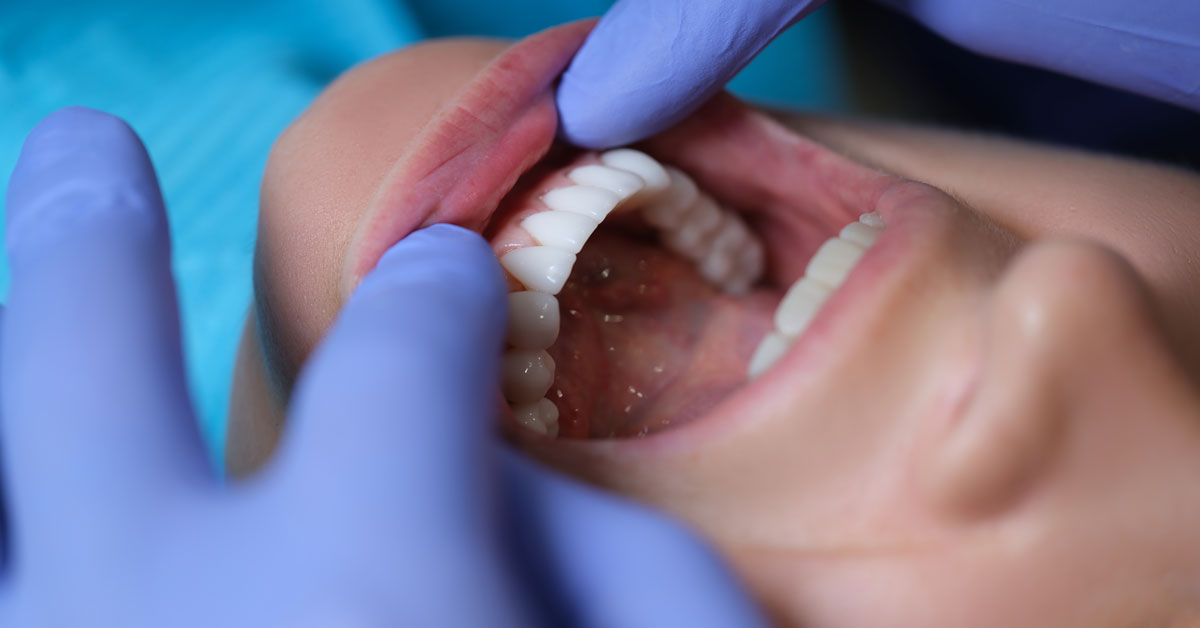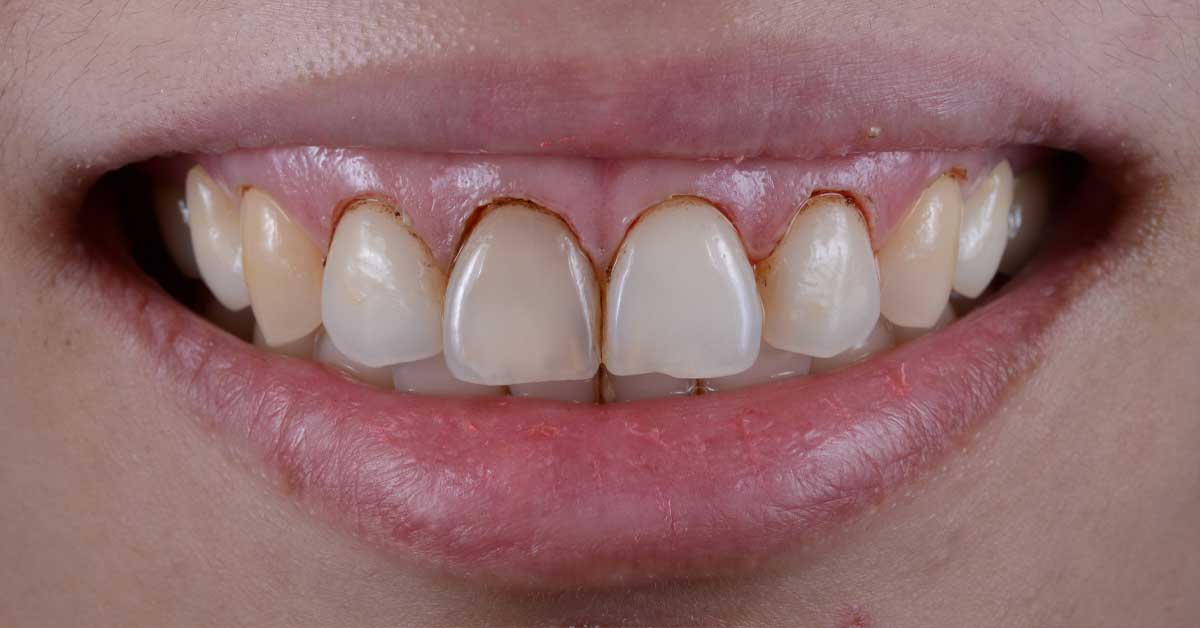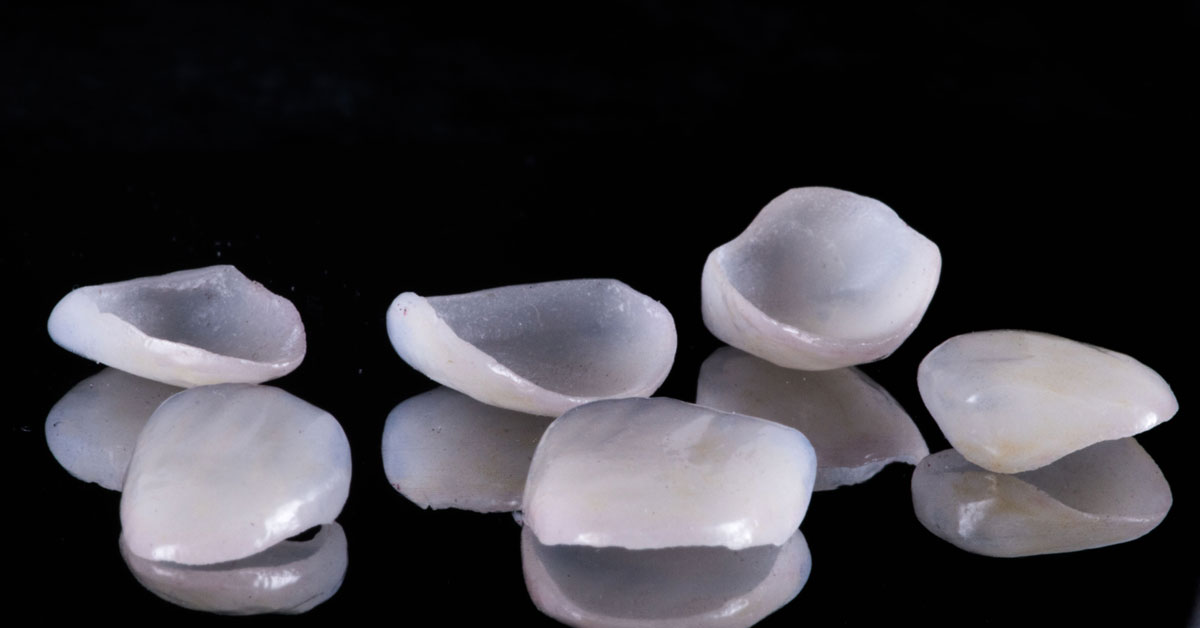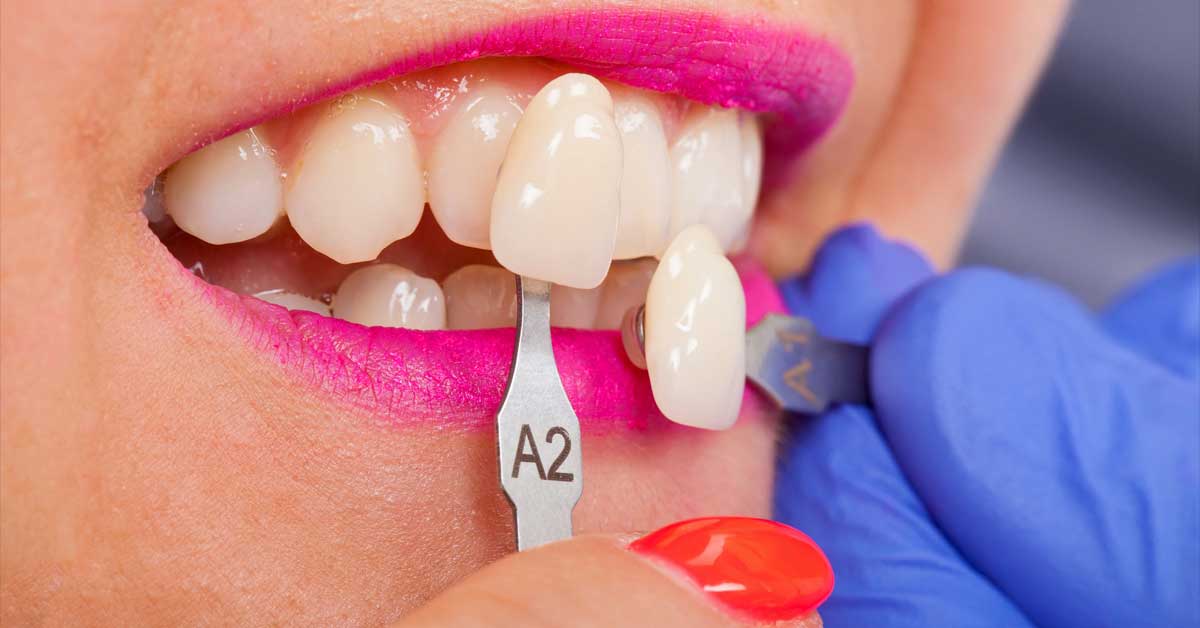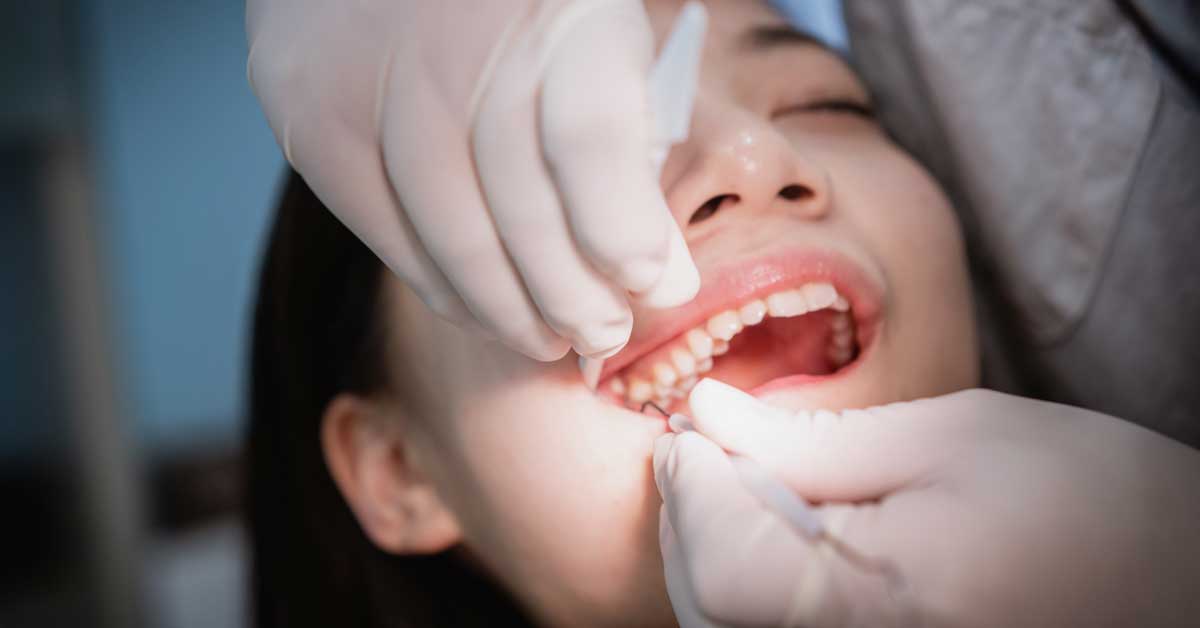Is There a Downside to Veneers?
Are you considering veneers as a solution for your dental concerns? While veneers have gained popularity for their ability to transform smiles, it’s important to be aware of potential drawbacks.
Understanding the disadvantages of veneers can help you make an informed decision about whether they are the right choice for you.
Veneers, whether made of porcelain or composite material, involve the application of thin caps over your teeth to enhance their appearance. Although they offer numerous benefits, it’s crucial to weigh them against the potential risks and challenges they present.
Key Highlights
-
Dental veneers, whether porcelain or composite, can improve the look of your smile.
-
Possible disadvantages of veneers include tooth sensitivity, vulnerability to damage, the need for permanent placement, and the risk of tooth decay.
-
Consider consulting with a qualified dental professional to assess whether veneers are the right choice for you.
-
Weigh the benefits and drawbacks of veneers before committing to the procedure.
-
Proper care and maintenance are essential for the longevity and success of your veneers.
The Drawbacks of Veneers to Consider
Despite their benefits, veneers have some drawbacks that you should take into consideration before making a decision. Let’s explore these potential downsides in detail:
1. Dental Veneers Cost
Veneers can be relatively expensive compared to other cosmetic dental treatments. The cost may vary depending on factors such as the material used (porcelain or composite) and the number of veneers needed to achieve the desired results.
2. Veneer Maintenance
Maintaining your veneers requires ongoing care and attention. While veneers are durable, they are not indestructible. Avoid habits like biting on hard objects or using your teeth as tools, as this can damage or dislodge your veneers.
Additionally, maintaining good oral hygiene, including regular brushing and flossing, is crucial to prevent tooth decay and maintain the longevity of your veneers.
3. Veneer Replacement
Over time, veneers may need to be replaced due to wear or damage. The lifespan of veneers varies depending on individual factors such as oral habits, oral hygiene practices, and the quality of the veneers.
Consult with your dentist to understand the expected lifespan of your veneers and when replacement may be necessary.
4. Dental Veneers Color Match
Matching the color of your veneers to your natural teeth can be challenging. While dental professionals strive to achieve a seamless blend, factors such as natural tooth color variations, aging, and the translucency of the veneer material can affect the color match.
Discuss your preferences with your dentist to ensure the best possible color match for your veneers.
5. Gum Tissue Response to Veneers
Some individuals may experience gum tissue response to veneers, which can manifest as slight gum irritation or sensitivity. This can occur if the veneers are not properly contoured or if the gum tissue is sensitive.
Your dentist will take precautions to minimize any gum tissue response during the veneer placement process.
While these drawbacks should be carefully considered, it’s important to remember that veneers have transformed countless smiles and provided individuals with newfound confidence.
Consulting with a qualified dentist who specializes in cosmetic dentistry will help you make an informed decision and determine if veneers are the right solution for your smile.
Sensitivity and Vulnerability to Damage
While veneers can greatly enhance the appearance of your smile, it’s important to be aware of their potential downsides. Two key factors to consider are tooth sensitivity and vulnerability to damage.
Tooth sensitivity
During the bonding process, a thin layer of enamel may be removed from your teeth to accommodate the veneers. This can result in temporary tooth sensitivity, which is characterized by discomfort or pain when you consume hot or cold foods and beverages.
However, this sensitivity typically subsides within a few weeks as your teeth adjust to the veneers.
Vulnerability to damage
While veneers are durable, they are not indestructible. They can be susceptible to cracks, chips, and stains over time if not properly cared for. It’s important to avoid habits such as biting on hard objects (e.g., ice, pens) or using your teeth as tools to prevent damage to your veneers.
Additionally, certain foods and beverages, such as coffee, tea, and red wine, can stain the surface of the veneers if consumed excessively.
To maintain the integrity of your veneers, it’s essential to practice good oral hygiene and follow your dentist’s instructions. Regular brushing and flossing, along with routine dental check-ups, can help preserve the health and longevity of your veneers.
| Veneer Fit and Comfort | Veneers Staining | Dental Health with Veneers |
|---|---|---|
| Veneers are customized to fit your teeth perfectly, ensuring a comfortable fit and natural-looking appearance. | Veneers can resist staining to some extent, but certain habits and excessive consumption of staining substances can discolor them over time. | With proper care and regular dental check-ups, veneers can support and enhance your dental health. However, it’s important to address any concerns promptly to maintain optimal oral hygiene. |
Long-Term Considerations and Limitations
When opting for veneers, it’s important to understand that they are a long-term commitment. Once placed, veneers are non-reversible, meaning they cannot be easily removed or reversed. It’s essential to carefully consider this aspect and consult with your dentist before making a decision.
Maintaining good dental hygiene is crucial for the longevity of your veneers. Proper oral care includes regular brushing, flossing, and rinsing with mouthwash. Additionally, it’s important to schedule regular dental check-ups to ensure the health and integrity of your veneers.
It’s worth noting that veneers may not be the best solution for severely damaged teeth. In such cases, alternative treatments like dental crowns may be recommended by your dentist. Dental crowns provide a more comprehensive restoration and can offer better structural support for compromised teeth.
By considering these long-term considerations and limitations, you can make an informed decision about whether veneers are the right choice for you. Remember to consult with your dentist, who will provide personalized advice based on your specific dental condition and goals.
The Veneer Bonding Process
Before getting veneers, it’s important to understand the veneer bonding process. This process involves several steps to ensure that the veneers are properly customized and securely attached to your teeth.
The first step in the veneer bonding process is the initial consultation with your dentist. During this appointment, your dentist will evaluate your oral health, discuss your desired outcome, and determine if veneers are the right treatment option for you.
If you’re a suitable candidate, the next step is to take impressions of your teeth.
These impressions serve as a blueprint for creating your veneers in a dental laboratory. The fabrication process typically takes around two weeks. In the meantime, your dentist may provide temporary veneers to protect your teeth.
Once your veneers are ready, you will have a bonding appointment. During this visit, your dentist will prepare your teeth by removing a thin layer of enamel to create space for the veneers. Local anesthesia may be used to ensure your comfort during this process.
After tooth preparation, your dentist will carefully place each veneer on your teeth, ensuring a proper fit and alignment. Once the veneer is in the correct position, your dentist will use a special dental adhesive to bond it to the tooth surface.
Preventing Dental Veneer Failure and Complications
While the veneer bonding process is generally successful, there is a small possibility of veneer failure or complications. It’s important to be aware of these potential risks and take steps to minimize them.
Veneer failure can occur if the veneer becomes loose or detaches from the tooth. This can happen due to weakened adhesive, tooth decay, or trauma to the veneered tooth. Regular dental check-ups, proper oral hygiene, and avoiding habits like biting on hard objects can help prevent veneer failure.
Complications during the bonding process are rare but can occur. These may include veneer misalignment, inadequate bonding, or issues with the veneer’s color or shape. It’s crucial to communicate your expectations and concerns with your dentist before starting the veneer bonding process.
Veneers Warranty and Removal Complications
After the veneer bonding process, your dentist may provide a warranty for your veneers. This warranty typically covers issues like veneer failure, cracking, or discoloration. Be sure to discuss the details of the warranty with your dentist to understand what is covered and for how long.
While veneers are designed to be long-lasting, there may come a time when they need to be replaced. Veneer removal should only be performed by a qualified dental professional to avoid complications.
The removal process involves carefully separating the veneer from the tooth surface, and any leftover adhesive may need to be polished off. Your dentist will evaluate your teeth and discuss the best course of action for veneer removal, if necessary.
| Veneer Bonding Process | Potential Risks and Complications |
|---|---|
| Impressions taken of your teeth | Veneer failure |
| Veneer fabrication in the dental lab | Complications during the bonding process |
| Temporary veneers (if necessary) | Veneers warranty |
| Teeth preparation and veneer placement | Veneer removal complications |
Conclusion
While dental veneers offer numerous benefits for transforming your smile, it’s essential to consider the potential drawbacks they may have. Sensitivity can be a downside of veneers, especially if a thin layer of enamel is removed during the bonding process.
Additionally, veneers are vulnerable to damage, such as cracks, chips, and stains, which may require replacement over time.
Another important aspect to consider is the permanent placement of veneers. Once they are applied, they cannot be reversed, and this is a decision that should be made after careful consideration and consultation with a qualified dental professional.
Moreover, there is a possibility of tooth decay underneath veneers, which requires meticulous oral hygiene and regular dental check-ups to ensure the longevity and good health of your smile. It is crucial to have a thorough discussion with your dentist, weigh the pros and cons, and address any concerns before opting for veneers as a cosmetic dental treatment.
Frequently Asked Questions
The cost of veneers can be relatively expensive, and maintenance requires regular care and proper oral hygiene. Veneers may also require replacement over time, achieving a perfect color match can be challenging, and some individuals may experience gum tissue response to veneers.
Tooth sensitivity can occur due to the removal of a thin layer of enamel during the bonding process. Veneers are also vulnerable to damage such as cracks, chips, and stains, although proper care and avoidance of certain habits can help minimize these risks.
Veneers are a long-term commitment as they are not reversible once placed. Maintaining good oral hygiene and regular dental check-ups are crucial for the longevity of veneers. In some cases, veneers may not be suitable for severely damaged teeth, and alternative treatments like crowns may be necessary.
The veneer bonding process involves multiple steps, such as impressions, fabrication in a lab, and final placement. While veneers generally have a high success rate, there is a small possibility of veneer failure or complications during the bonding process. It’s important to discuss potential risks and warranties with your dentist.
The overall drawbacks of veneers include potential sensitivity, vulnerability to damage, the need for permanent placement, and the possibility of tooth decay. It is important to consult with a qualified dental professional and carefully consider these factors before deciding on veneers as a cosmetic dental treatment.
Veneers In Miami, FL
Don’t wait any longer to achieve the smile you’ve always wanted. Schedule a consultation with our cosmetic dentistry experts today and discover how Veneers can transform your appearance and enhance your confidence.

